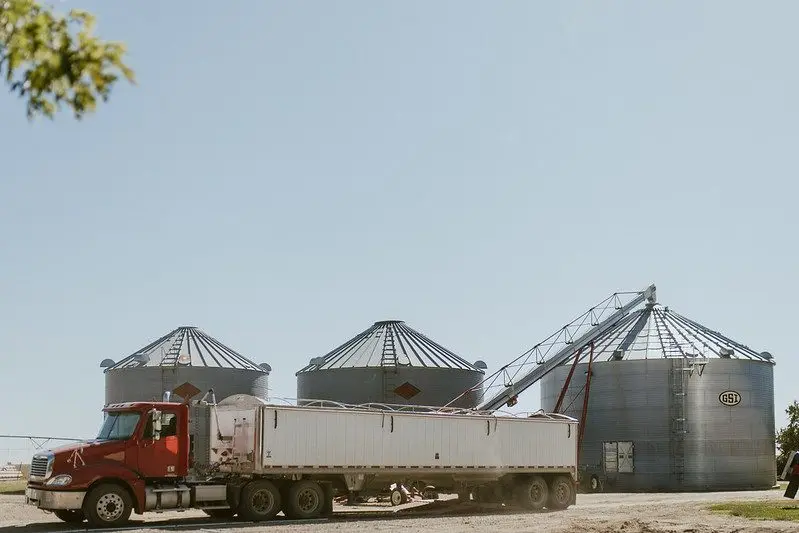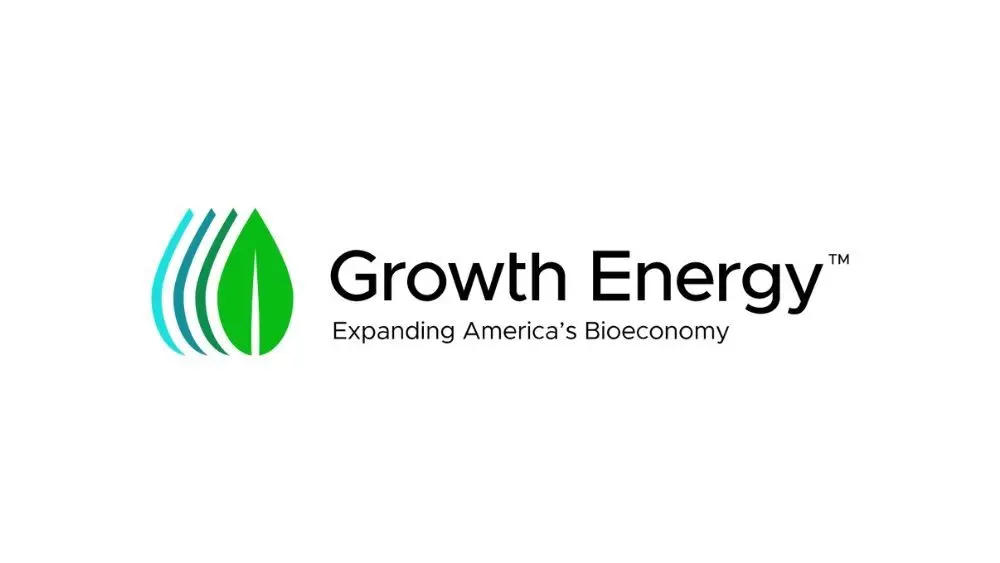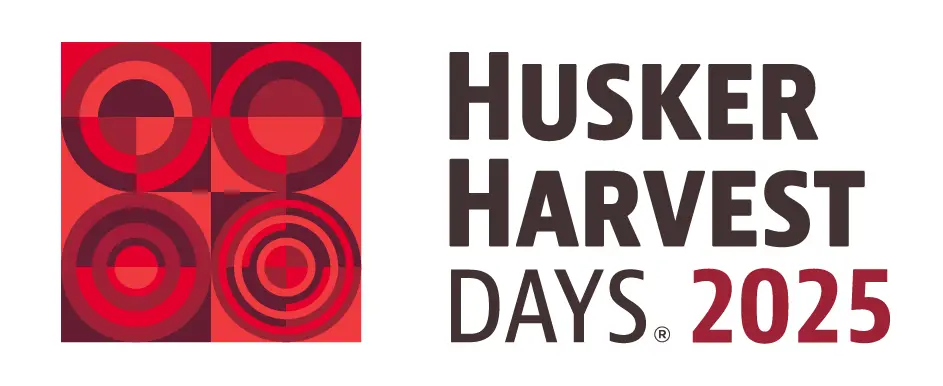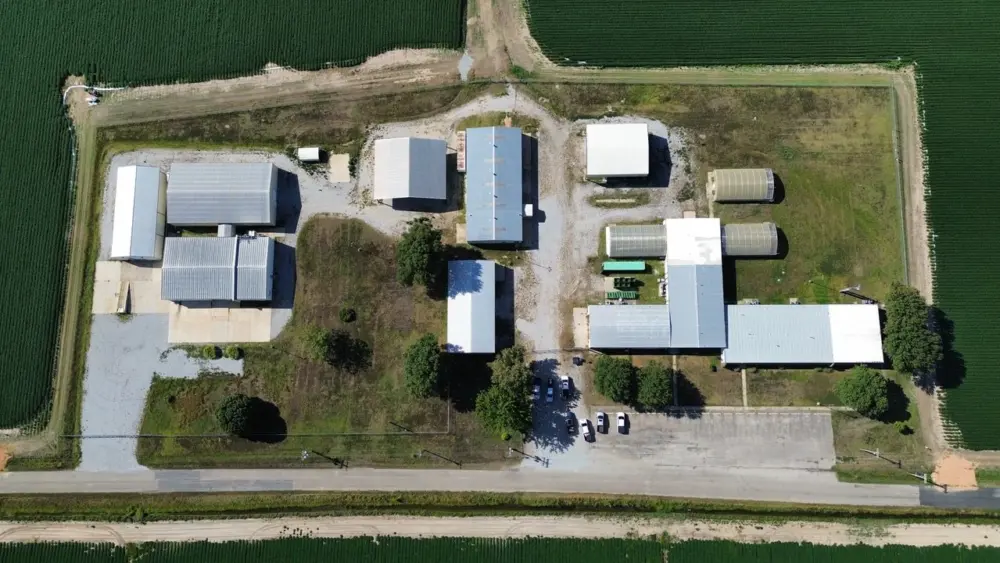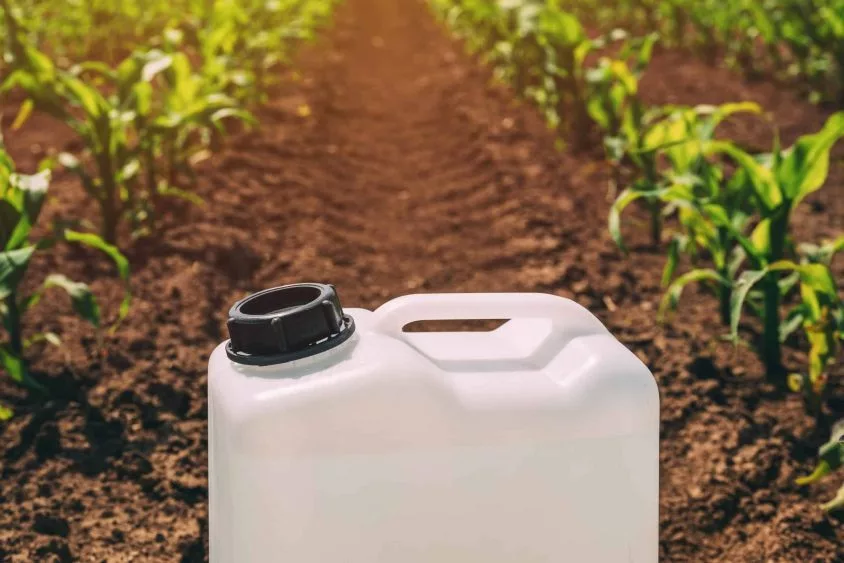
(WASHINGTON D.C.) — Leaders of both the National Corn Growers Association and the American Soybean Association expressed disappointment with a decision by the International Trade Commission affirming that Corteva Agriscience was harmed by imports of a critical herbicide called 2,4-D. This decision means that duties will be placed on imports of the herbicide at a final rate determined later by the U.S. Department of Commerce.
“We are concerned and alarmed by this ruling,” says Illinois farmer and National Corn Growers Association President Kenneth Hartman Jr. “Corn growers should not be forced to rely exclusively on one domestic supplier, and today’s decision threatens to cause significant availability shortages for 2,4-D.”
Corteva Agriscience filed the petition in 2024 calling for antidumping and countervailing duties on imports of the herbicide from certain foreign suppliers.Shortages will hamper the work of U.S. farmers, who are already facing a tough environment due to a prolonged period of high input costs and low prices. The herbicide 2,4-D is a growth regulator that targets broadleaf weeds, which are particularly challenging weeds for corn growers to manage.
The herbicide 2,4-D is a growth regulator that targets broadleaf weeds—which is a particularly problematic weed for corn growers to manage. The herbicide has minimal impact on grasses, making it useful for growers. 2,4-D is an herbicide active ingredient that contains carbon, hydrogen, chlorine, and oxygen. Products containing 2,4-D derivatives, like the salt and ester forms, are blended with other active ingredients, chemicals and/or water to create end-use crop protection products. Over 1,500 herbicide products contain 2,4-D as an active ingredient.
Caleb Ragland, president of the American Soybean Association and a soybean farmer from Kentucky, said in a statement that, “The announcement of these final duties on imports is disappointing to soybean growers across the country who depend on imports of generic 2;4-D in combination with other herbicides for burn-down purposes to kill weeds before planting, particularly in no-till and minimum-till operations.”
Earlier this month, Ragland joined NCGA President Hartman to testify in front of the ITC regarding the negative impact additional duties would have on soybean and corn farmers.
“For soybean farmers, times are already tough. Production costs are nearing record highs,” added Ragland. “The prices of soybeans have decreased more than 40% in the past three years. Our herbicide options are becoming increasingly limited. Imports of 2,4-D products do not compete at all with Corteva’s 2,4-D choline product that is required by law and by contract to be used with Corteva’s Enlist soybeans—and which have a 60% market share that continues to increase every year. New duties on 2,4-D would make things even harder, further disrupting our access to reliable herbicide tools in our toolbox,” Ragland noted in his statement before the ITC.
SOURCE: NCGA and ASA News Releases
